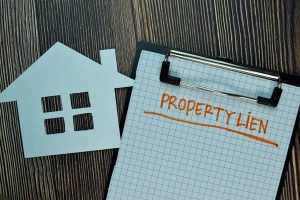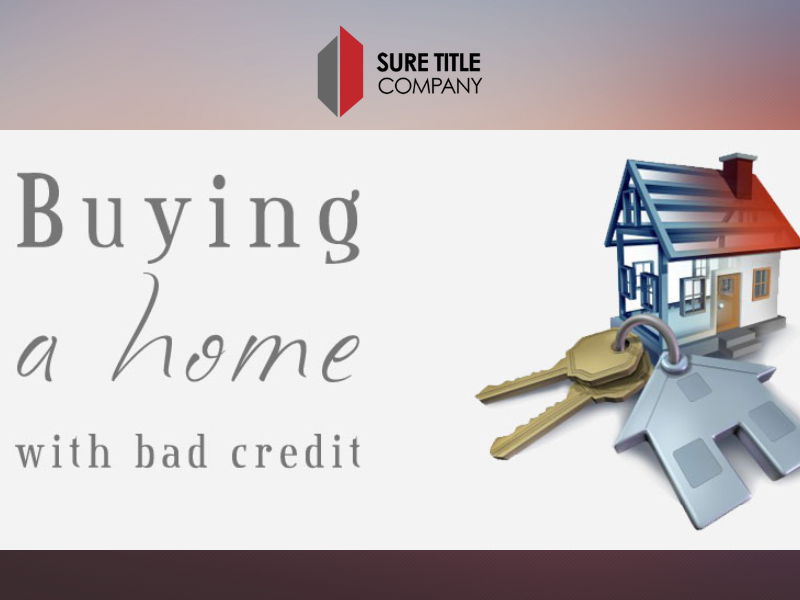

 Real Estate
Real Estate
If you’re looking to buy a house in Memphis, but have bad credit, the process can seem overwhelming. Poor credit is one of the most common reasons why people are denied mortgage loans. But don’t despair – there are still options available to make homeownership possible.
Improve Your Credit Score:
The first step towards getting a mortgage loan for a home with bad credit is to work to improve your score.
Start by requesting a copy of your credit report from each of the three major credit bureaus. Check it for accuracy, and dispute any errors you find. Work on reducing existing debt, paying off collections accounts and avoiding new debt.
Consider signing up for secured credit cards or becoming an authorized user on someone else’s card in order to build positive payment history that will be reported to the credit bureaus.
You can also look into non-profit credit counseling services, which can help you create a plan to get out of debt. Over time, all these efforts combined should help raise your overall score.
Get Pre-Approved:
Getting pre-approved for a mortgage loan is the next step. This will require you to provide detailed documentation of your financial history, including tax returns and bank statements.
Pre-approval will give you an idea of how much home you can realistically afford. You’ll also get a better idea of what interest rate you qualify for based on the type and amount of loan you’re applying for, as well as the current market conditions.
Knowing this information ahead of time can help make sure that when it’s time to make an offer on a house, there won’t be any unwelcome surprises.
Look For Flexible Lenders:
Start looking for lenders that specialize in working with people who have poor credit. These lenders may be more willing to take a risk on you than traditional banks and mortgage brokers.
Many also offer more flexible payment options and less stringent requirements for pre-approval. Look for lenders that have experience helping people with bad credit buy homes, so you can get the best terms possible.
If you need help finding one, there are plenty of online resources available to find reputable mortgage lenders who can work with your unique situation.
Know Your Loan Options:
When shopping for a mortgage loan, it’s important to be aware of all your options so you can make an informed decision.
Traditional mortgage loans are available through banks and private lenders at varying interest rates depending on your credit score. However, there are also government-backed loan programs that exist specifically for people with bad credit.
These include FHA loans, VA loans, and USDA rural development loans. Each program has unique requirements and benefits – do your research to find which one is best suited to your needs.
By knowing the different loan options out there, you can ensure you’re getting the best deal possible when buying a house with bad credit.
Find a Co-Signer:
If you can’t qualify for a mortgage loan on your own, another option is to find someone with good credit who is willing to co-sign the loan. By doing this, you’ll benefit from their higher credit score and be eligible for more favorable terms and interest rates.
However, it’s important to note that this person will be equally responsible for repaying the loan if you fail to do so.
Make sure both parties are comfortable and understand all of the risks involved before entering into any agreement.
Opt for Lenders and Credit Unions:
If you need to buy a house with bad credit, it’s important to do your research and explore all of your options. This includes shopping around for lenders who are willing to work with people in your financial situation.
Credit unions can often be more willing to take risks than traditional banks and can offer better terms and interest rates on home loans.
Additionally, look into local housing authorities and nonprofits that specialize in helping people purchase homes even if they have poor credit histories. Doing some extra legwork upfront will help you get the best deal possible when buying a house with bad credit.
Consider Other Loan Alternatives:
In addition to traditional mortgage financing, there are other loan alternatives to consider before buying a house with bad credit.
For example, rent-to-own and lease-option agreements can help you get into a home sooner than if you were trying to qualify for a mortgage with bad credit.
These arrangements also allow time for your credit score to improve, so you could eventually transition into an actual mortgage.
Another option is working with a hard money lender who offers short-term loans, but these will typically come at higher interest rates and require repayment in a shorter timeframe.
Consider all of the potential financing options available before deciding which one is best suited for your needs.
Watch for Guaranteed Approval Loans:
When shopping for a mortgage loan to buy a house with bad credit, be wary of any lender offering guaranteed approval. Although they may seem attractive at first, these loans often come with higher interest rates and additional fees that can cost more in the long run.
Before applying for any loan, make sure you understand all the terms and conditions so you don’t end up paying more than necessary.
Additionally, take time to compare different lenders to find out which one offers the most favorable terms and best rate for your situation. With sufficient research and preparation, it is possible to buy a house even if your credit score isn’t perfect.
By following these steps and doing some extra legwork upfront, you can make informed decisions about buying a house with bad credit. With the right loan program and some patience, you’ll be able to get into your dream home in no time.
We are here to help! If you need any information or referrals to local lenders or top-rated agents, please get in touch with us through contact page or give us a call at 901-881-0606





Blog articles are purely for educational purposes and provides generalized information of the topic(s) covered. These articles should not be considered as legal advice.
